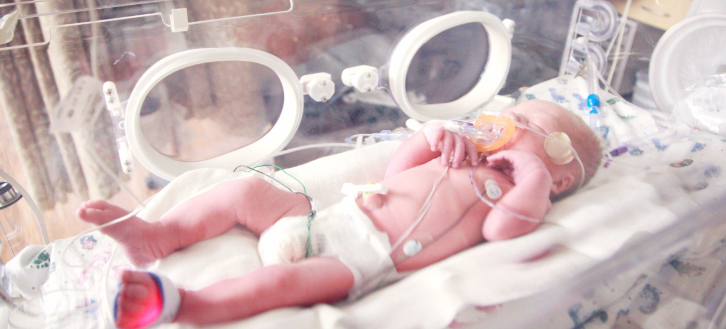The following is a summary of “Hemoadsorption: consensus report of the 30th acute disease quality initiative workgroup,” published in the April 2024 issue of Nephrology by Bellomo et al.
Adsorption-based extracorporeal therapies have evolved over the past five decades, and recent technological advancements have enabled more biocompatible treatments for various conditions.
Researchers conducted a retrospective study assessing nonspecific adsorption extracorporeal therapies’ clinical application and potential benefits.
They used the Acute Disease Quality Initiative (ADQI) consensus conference to evaluate the application of various medical conditions. Pilot studies and more extensive randomized controlled trials (RCTs) were considered to assess short-term biocompatibility, safety, technical feasibility, and efficacy in removing target molecules.
In pilot studies and experimental settings, the results showed that hemoadsorption demonstrated clinically acceptable biocompatibility, safety, technical feasibility, and target molecule removal. Larger RCTs identified potential target phenotypes, and in vivo studies confirmed the removal of target molecules. However, some studies raised concerns about harm or failed to demonstrate benefits.
Investigators concluded that modern hemoadsorption remains a novel and experimental intervention with limited data; further research, including RCTs, is needed to fully understand its potential benefits and risks across various medical conditions.
Source: academic.oup.com/ndt/advance-article-abstract/doi/10.1093/ndt/gfae089/7646075














Create Post
Twitter/X Preview
Logout